This comment was treated with comic disbelief by the grandmother, when her 8 year old grandchild told her that they had constant electricity. Grandma in her sixties thought back to better days in the 70’s when electricity supply was constant in Nigeria. She remembered the 80’s where even though it was on everyday, she suffered periodic blackouts. And then came the late 90’s and 2000’s. One was considered lucky when the gods at Nepa graced them with electricity.
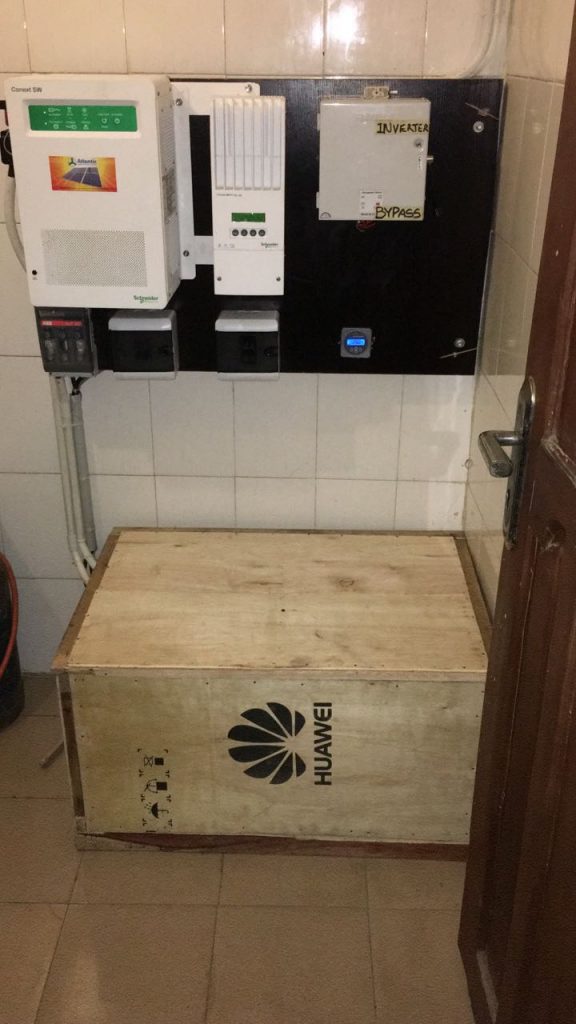
She quickly shooed the little child off the phone and asked to speak to her son. Her son reaffirmed that indeed they had power 24 hours a day 7 days a week. Yes his child was being truthful. Her son could not have moved out of Nigeria without telling him. Had he said something and she forgot, maybe she was getting too old. Grandma looked at her phone and it showed her son MTN phone number. As her confusion grew, the son explained that he had invested in solar and he was now enjoying the benefits that people in more organized societies enjoyed.
This conversation had me thinking about my children and their first visit to Nigeria in 1994. They were excited to come home for the first time. They had left a cramped one bedroom apartment in West Paterson, NJ to come to a house in Nigeria. They woke up every morning and the first thing they did was go outside to play. Something they could not do in New Jersey. They had uncles and aunties and household help that fawned over them. My mother even bought a goat that they talked to every day. People were saying that these American children were stupid to talk to a goat. The goat followed them around the compound and seemed to have a relationship going.
Then one day it happened. The lights went out. My boys were so excited when we brought out candles, because it felt as if they were going camping. Can you imagine lighting candles today?
Fast forward to 2016. My youngest came to visit last year and he enjoyed rationed electricity. We had power but we rationed it. We had a small solar power installation with more batteries and not enough panels to charge the batteries. We had lights but could not enjoy the fans at night because we did not put enough charge into our batteries. On his next visit later in 2017 he will have 24/7 refrigeration, day time AC and a fan through the night.
We have been told since my primary schools days that the power situation will be fixed. Every administration has declared a power emergency and yet we are no closer to Nirvana.
In 2014 I installed my first system, a Chinese manufactured 1.5 kw inverter with 200 AH in batteries. The inverter and batteries were junk. Later that year I purchased flooded batteries and a different inverter. I got better results, we could now power the fridge but I was not charging better. I purchased a Flex Max 60 amp charge controller, only to discover that I had junk panels. I imported new panels and my production leaped. We have been doing slow but incremental upgrades ever since. We went from 1 kw in panels to 2 kw. We went from 216 AH in batteries to 432 AH in batteries. I can run my freezer 24/7 now and the fridge during the day. Next phase is an additional 1500 – 2000 watts in panels, an additional charge controller and a small AC. We can take advantage of our day time production to keep the house or office cool.
Solar allows you to increase capacity over time. You start with what your budget can handle and then slowly increase till you get to where you are comfortable. It is important that you buy quality or you will suffer my fate.
You are your own utility company. Make the best of the opportunity.
The writer Mr. Christopher Onwuasoanya is the President of AWPS Renewable Energy, LTD in Lagos. He spends his time between Lagos and NJ where he lives with his wife and three sons. He does not remember the last time he used a generator. He has learnt to manage his power resources to ensure that he has power 24/7 365 days a week.
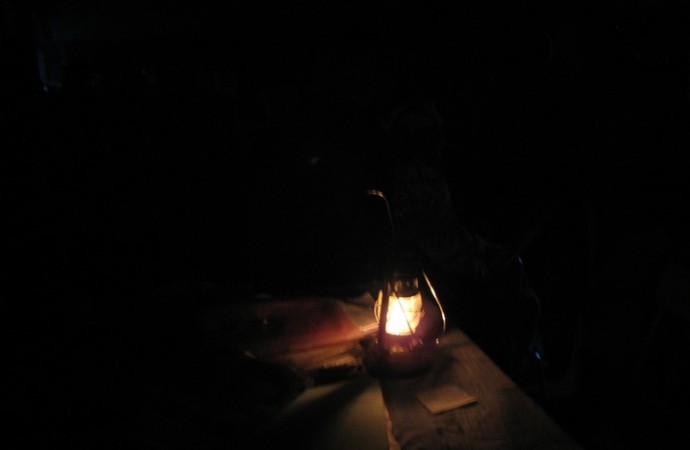

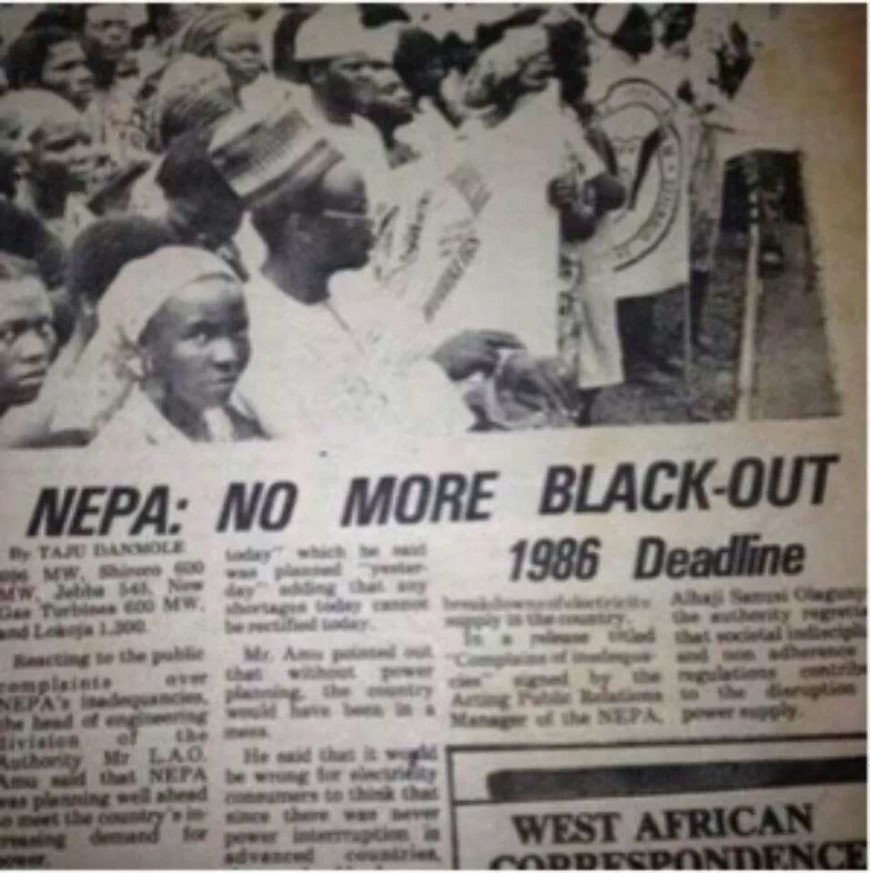
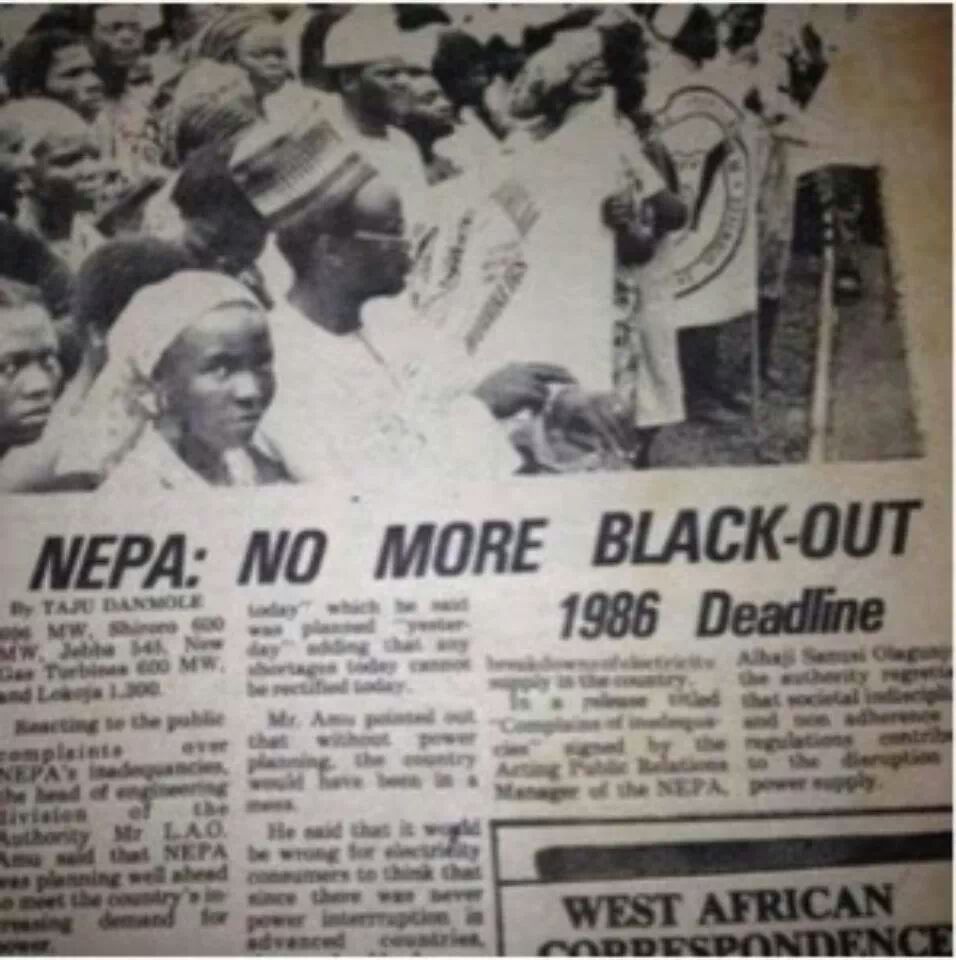

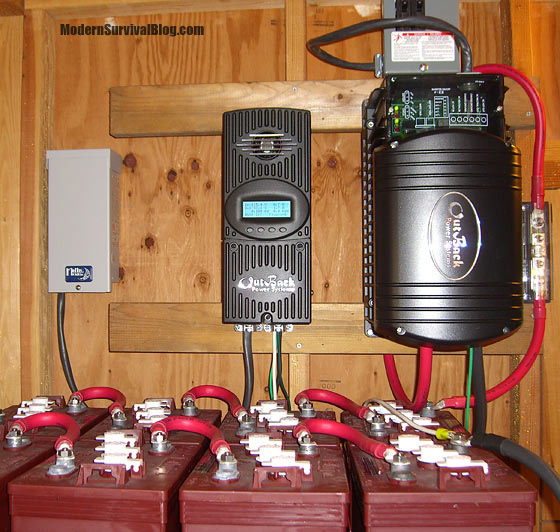
How To Select A Home Solar Battery Or Off-Grid Power System
Jason Svarc
The huge leap forward in home battery storage technology has seen an immense amount of interest in people looking to go off-grid,
Short-term strategy on achieving electricity stability in Nigeria
Jordan
ByStaff Writer
Country is first developing nation to use the technology in a pilot project